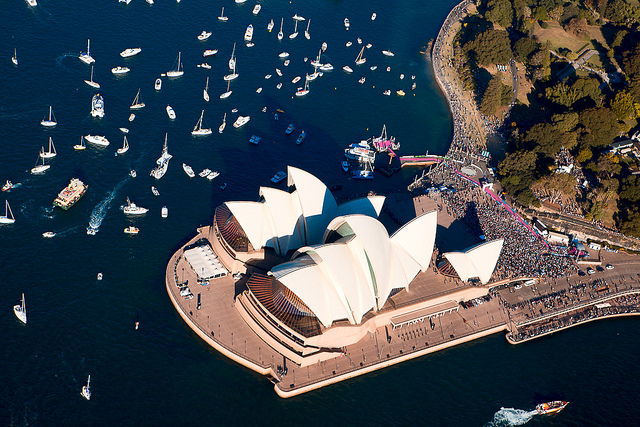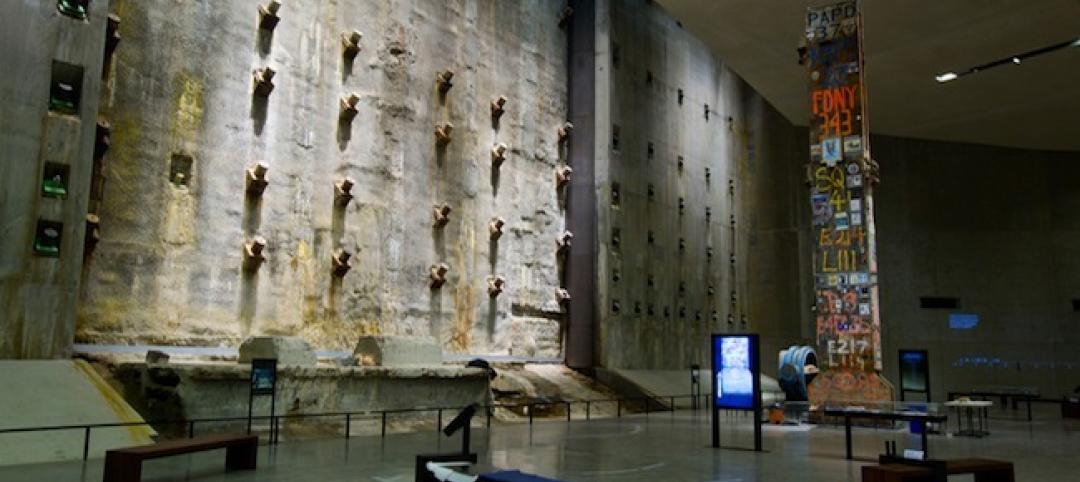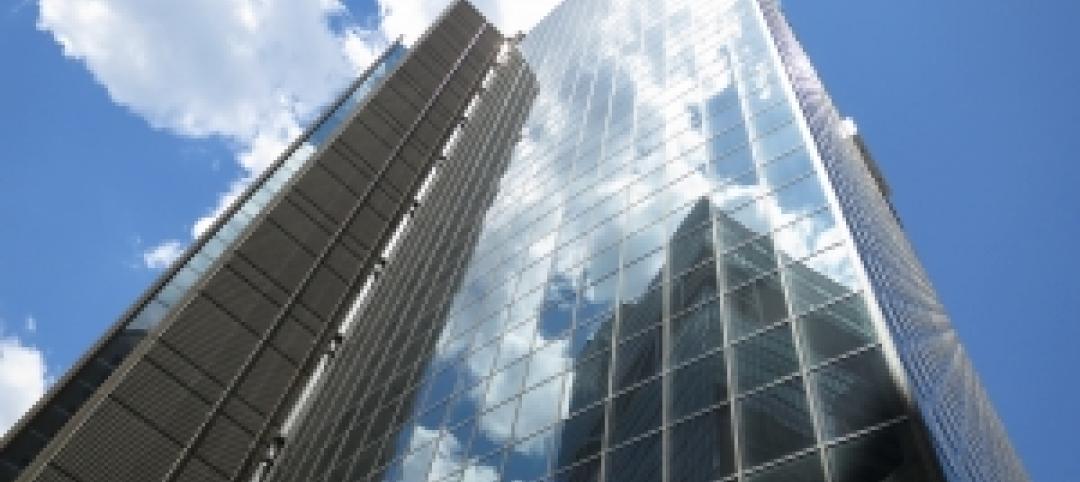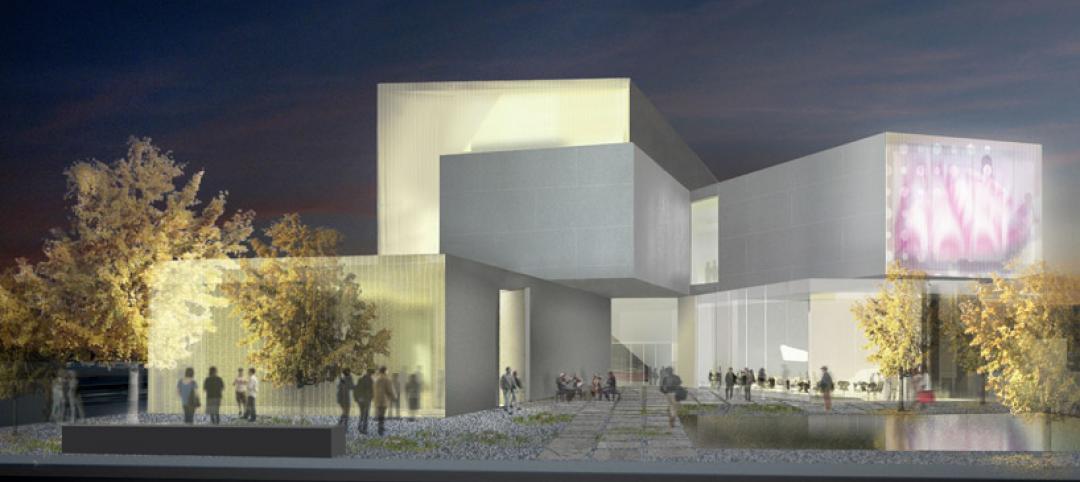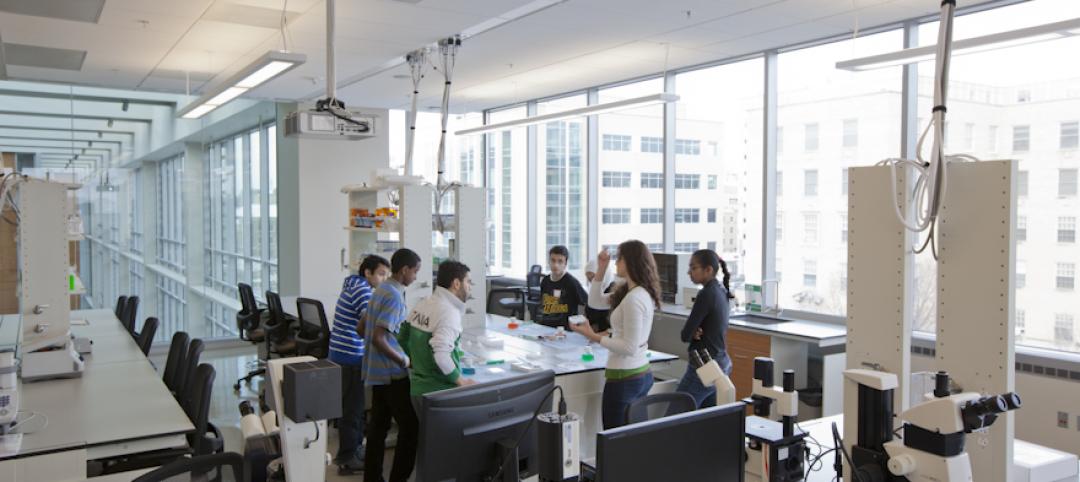Inexplicable designs. Questionable functionality. Absurd budgeting. Just plain inappropriate. These are some of the characteristics that distinguish projects that ArchDaily has identified as most controversial in the annals of architecture and construction.
They include some of the most famous structures on the planet, as well as buildings whose infamy is their fame. The list below includes the lead architect in parenthesis.
1. Pruitt-Igoe Housing Development, St. Louis (Minoru Yamasaki). Built in the mid 1950s, but never fully occupied, this project was castigated by critics as being little more than a prison for its low-income residents. It was razed in 1972.
2. Al-Wahrah Stadium, Doha, Qatar (Zaha Hadid Architects). Over 1,000 workers have reportedly died building this stadium, one of five under construction for the 2022 FIFI World Cup.
3. Sydney Opera House, Sydney, Australia (Jørn Utzon). It was supposed to take 18 months and $18 million AUD to complete. It ended up taking 16 years and the final price tag was $102 million AUD.
4. Eiffel Tower, Paris (Gustave Eiffel). This iconic structure, which opened in 1889, encountered considerable criticism that included one reference to it as “a truly tragic street lamp.”
5. The “Walkie-Talkie” at 20 Fenchurch Street, London (Rafael Viñoly Architects). This building’s nickname says it all about its weird design. The sunlight reflecting off of the building’s windows to this day still scorches street-level objects. Even the architect regrets building it.
6. Woman’s Building, World Columbian Exposition, Chicago (Sophia Hayden Bennett). Designed and built by an all-woman management team, and opened in 1893 as a paean to women’s achievements, its architecture was ultimately deemed irrelevant.
7. Antilla Residential Tower, Mumbai, India (Perkins + Will/Hirsch Bednar Associates). A 27-story tower, built next to a notorious slum, is the world’s most expensive private residence. It cost $1 billion US, and includes a six-story parking garage.
8. Sagrada Familia, Barcelona, Spain (Antoni Gaudi). This basilica, with its mishmash of design styles, was started in 1882, and is still under construction. (Completion is now projected for 2026.)
9. The Portland Building, Portland, Ore. (Michael Graves). The first major postmodern construction in North America, the 15-story building, completed in 1982 for $29 million, won an AIA award, but has left more Portlandians cold. In October 2009, Travel + Leisure called it “one of the most hated buildings in America.”
Related Stories
| May 15, 2014
Biking to work up by 60 percent, according to Census Bureau report
Many U.S. cities are seeing an increase in bicycle commuters, according to new a U.S. Census Bureau report. While bicyclists still account for just 0.6% of all commuters, some of the nation's largest cities have more than doubled their rates since 2000.
| May 15, 2014
'Virtually indestructible': Utah architect applies thin-shell dome concept for safer schools
At $94 a square foot and "virtually indestructible," some school districts in Utah are opting to build concrete dome schools in lieu of traditional structures.
| May 15, 2014
First look: 9/11 Memorial Museum opens to first-responders, survivors, 9/11 families [slideshow]
The 110,000-sf museum is filled with monumental artifacts from the tragedy and exhibits that honor the lives of every victim of the 2001 and 1993 attacks.
| May 14, 2014
New study shows employees aren't happier working in green buildings
People working in buildings certified under LEED’s green building standard appear no more satisfied with their workplace environments than those in conventional buildings, according to new research from the University of California, Berkeley, and the University of Nottingham.
| May 14, 2014
Construction growth looking up: Gilbane Spring 2014 Economic Report
Construction spending for 2014 should finish 6.6% higher than in 2013, with nonresidential work contributing substantially.
| May 14, 2014
Prefab payback: Mortenson quantifies cost and schedule savings from prefabrication techniques
Value-based cost-benefit analysis of prefab approaches on the firm's 360-bed Exempla Saint Joseph Heritage Project shows significant savings for the Building Team.
| May 13, 2014
First look: Nadel's $1.5 billion Dalian, China, Sports Center
In addition to five major sports venues, the Dalian Sports Center includes a 30-story, 440-room, 5-star Kempinski full-service hotel and conference center and a 40,500-square-meter athletes’ training facility and office building.
| May 13, 2014
Drexel University case study report: Green Globes cheaper, faster than LEED
GBI’s Green Globes certification process is significantly less expensive to conduct and faster to complete than LEED certification, says Drexel prof.
| May 13, 2014
Steven Holl's sculptural Institute for Contemporary Art set to break ground at VCU
The facility will have two entrances—one facing the city of Richmond, Va., the other toward VCU's campus—to serve as a connection between "town and gown."
| May 13, 2014
Universities embrace creative finance strategies
After Moody’s and other credit ratings agencies tightened their standards a few years ago, universities had to become much more disciplined about their financing mechanisms.


